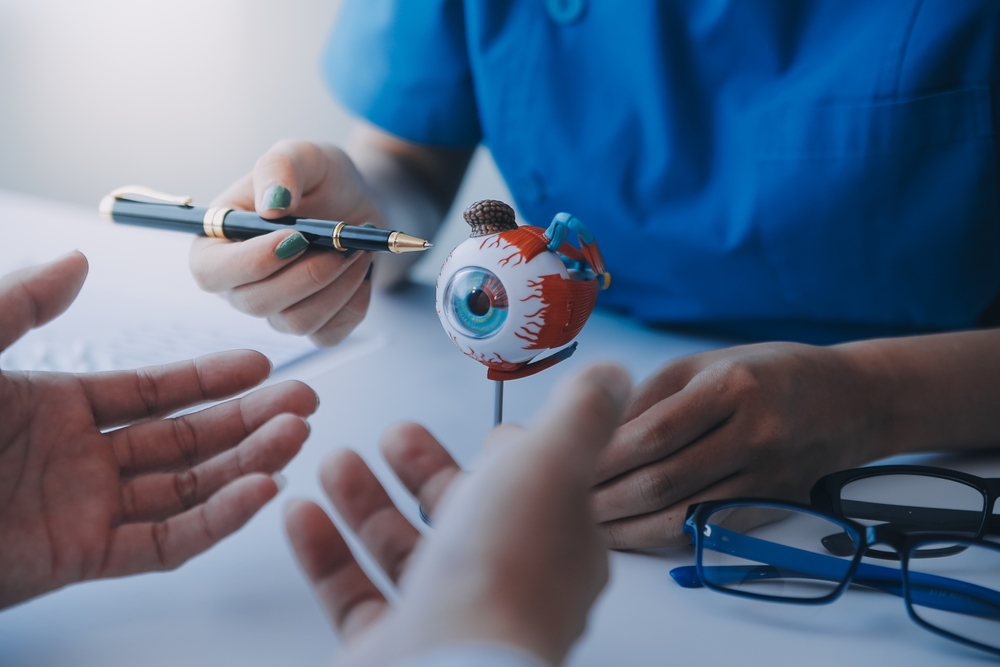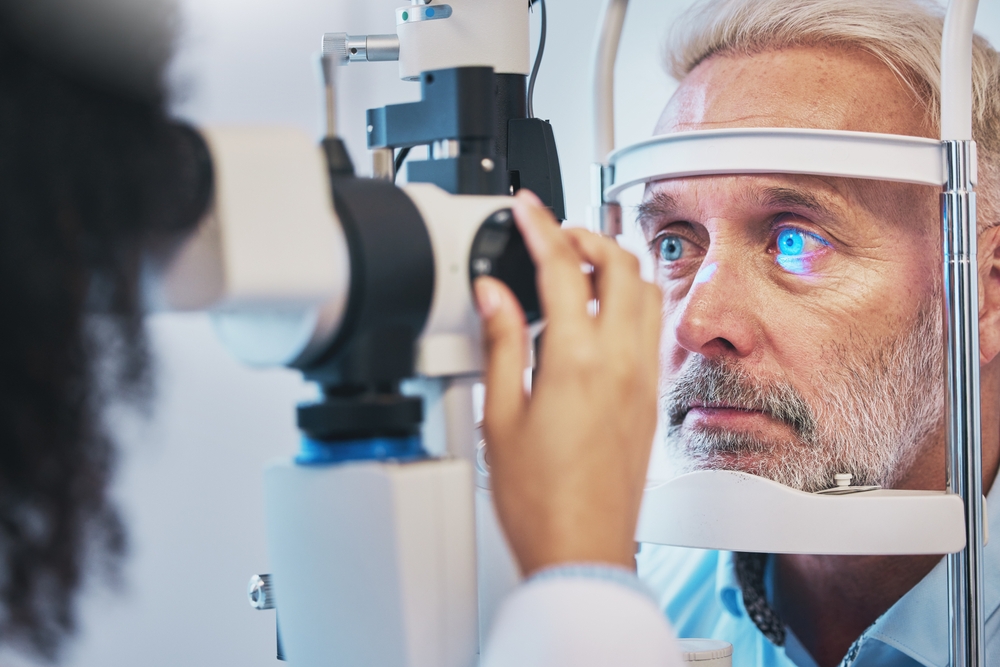At McMillin Eyecare, we recognize that receiving an eye disease diagnosis can be concerning. Dr. Billy McMillin and our team of optometry professionals provide comprehensive eye disease treatment options tailored to your specific condition and needs. We combine advanced diagnostic technology with personalized care to address various eye diseases while ensuring your comfort throughout the treatment process.
If you are diagnosed with an eye disease, you want only the best treatment available to restore the health of your eyes. At McMillin Eyecare, we offer only the best. Based on your diagnosis, we may recommend a wide variety of approaches, including improved nutrition, prescription medicines, or medical procedures.



